Difficulties with Eggs and Babies
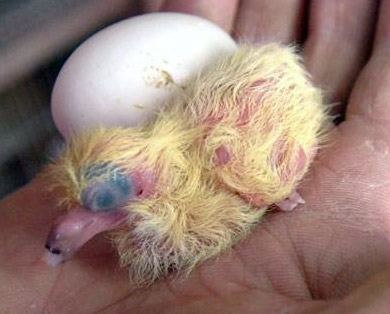 This time of the year when many of us are expecting our first round of youngsters to hatch, we are disappointed with some aspect of our breeding success. The most common problems being clear eggs; eggs which die before hatching; and babies which perish in the first few days of life.
This time of the year when many of us are expecting our first round of youngsters to hatch, we are disappointed with some aspect of our breeding success. The most common problems being clear eggs; eggs which die before hatching; and babies which perish in the first few days of life.
Clear eggs tend to be the most prevalent in the first round or two. These are the eggs which never begin development because of being infertile. The testicle in the cocks get quiescent during the shorter daylight periods. Breeding activity reawakens them and they begin producing sperm and testosterone at a higher level.
While this process is under way, there is often a low sperm count and a lower sex drive in cocks. Frequently the breeding vigor and frequency is decreased as well a there being diminished sperm in the ejaculate.
All these can produce infertile eggs. One or both eggs being infertile in the first round is a frequent finding sometimes running as high as 50% or more of the eggs. The weather plays some role in this. Colder, darker periods accentuate the problem.
Eggs which begin developing but fail to fully develop and die in the shell can be the result of several things. Poor incubation can cause embryo death. Here the parent(s) may fail to keep the eggs warm for even a short period during very cold weather.
Eggs getting jarred excessively at critical points of development may also perish. Infection in the egg is probably the most common cause. The infection may be incorporated in the egg by hens having an oviduct infection. Infection more frequently occurs through the shell.
This can happen during laying as they often become contaminated with feces during this process. It can also happen by fecal contamination after laying, frequently from parents defecating in the nest or tracking feces in the nest on their feet.
During damp periods, nesting material often gets high numbers of bacteria in it from parents tracking feces and the dampness and warmth of the sitting parents encourage bacterial growth. The higher the numbers of bacteria around the eggs the easier it is to have penetration of the shell and subsequent infection of the embryo.
Babies dying in the first few days of life occurrs when they are infected either in the egg, resulting in weak hatchlings, or they become infected after hatching. After hatching they can become infected from the crop milk from either parent or from the nesting material.
During damp periods it is often helpful to change the nesting material just prior to the eggs hatching as infection enters the squabs easiest just after hatching through the umbilical area which is yet unsealed.
When certain parents experience repeated deaths in newly hatched babies, they should be separated and treated with a broad spectrum antibiotic for about 10 days, and for trichomonas, then remated. Pay attention to the condition of the nesting material during the times mentioned above and provide clean dry nesting material as indicated.
There are other factors which may cause the problems discussed here. Only the most frequent caused were discussed here.
Babies which die in the egg (as long as the shell remains intact) and babies which die soon after hatching are often valuable specimens for culture. A culture can be very revealing as to cause of death and possible course of action to prevent future deaths.
Difficulties with Eggs and Babies by Dr. David E. Marx DVM


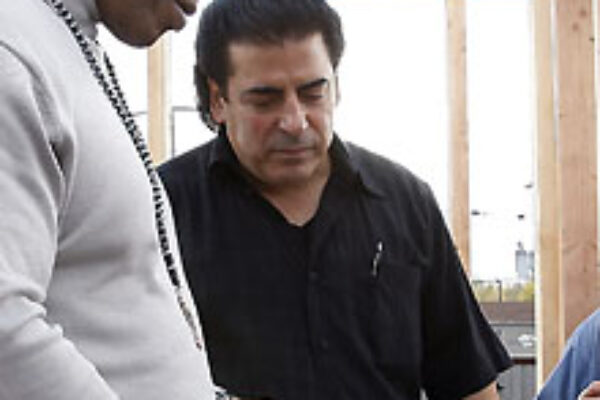
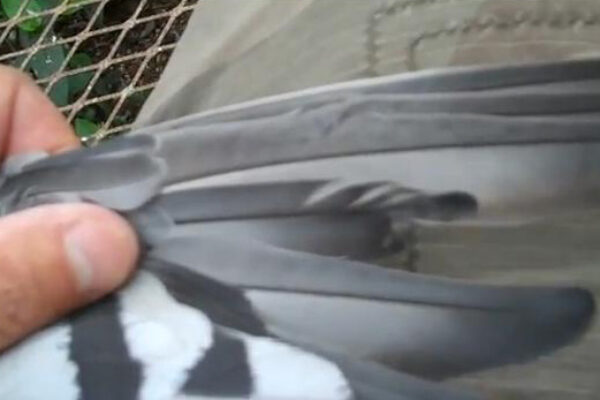
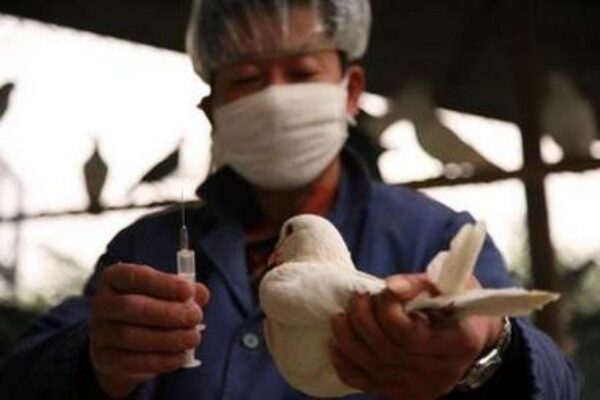
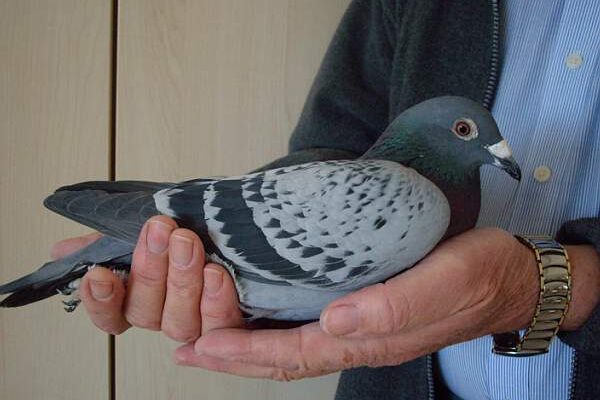

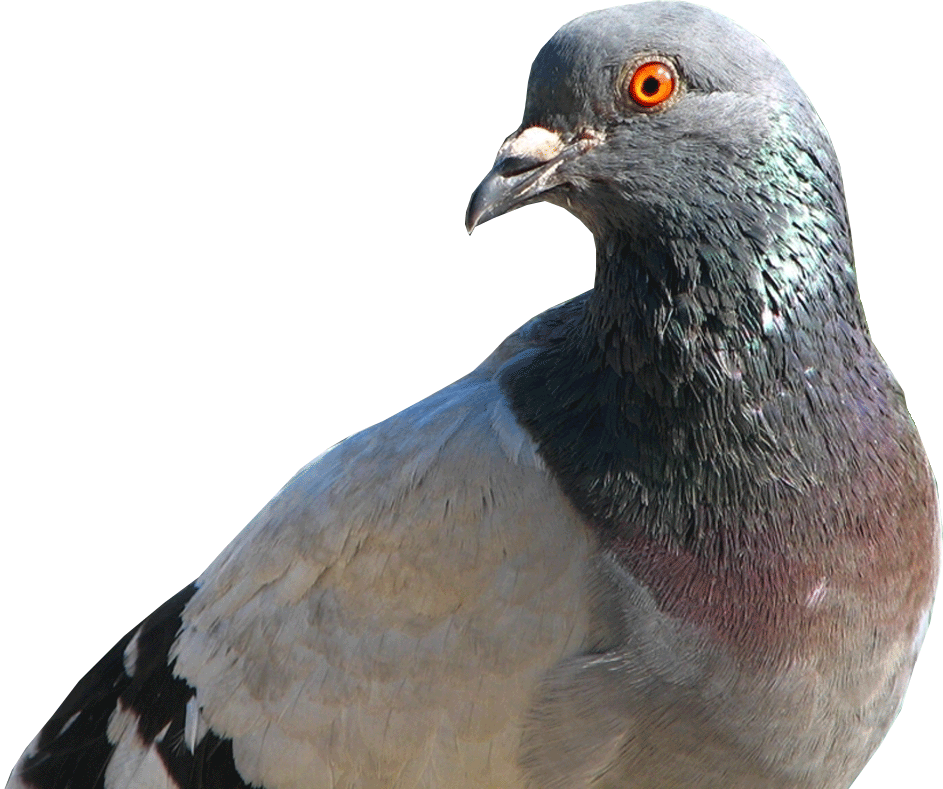
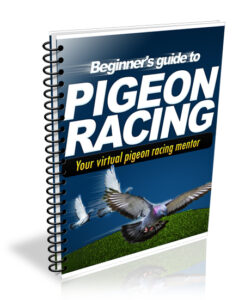
I have problems in breeding, some female lay too small eggs, and some male cannot fertilize well which occur on the empty eggs, please reply me as fast as you could, Thanks.
Thank you for the quick feedback on my question, Nutrition I don’t believe is a problem as all our birds are on a very good diet with a big verity of seeds and vegies. This is isolated to only one young hen she is a 2019 bred hen 3 years old. Both rounds the eggs were the size of dove eggs?
What causes a pigeon to only keep laying small eggs and how do I fix this issue?
Hi, James!
I would attribute the egg size issue to stress, illness, and/or malnutrition.
You can search the blog to find articles on symptoms, causes, and solutions. Here’s a quick search on Nutrition, to get you started: https://www.pigeonracingpigeon.com/?s=nutrition .
I hope this helps. Let us know when you find the solution!
You can see how nutrition can buy the book and how you can send them to Switzerland
I’m new, but I would like to find some Sticabout or stickabout not sure of the spelling ferital eggs to hatch racing Homer pigeon eggs. Please if you can help me with this. Please email me at [email protected]
Thank you very much
I think that every person who has raised pigeons, has gone though this problem….as for me, I dont like to raise young birds in the early spring….Here in Indiana, the weather has a habit of changeing from bad to worse…..And I dont like to have eggs and cold at the same time….So I wait till late March to let my birds lay……if I have eggs by late march Im happy…..one thing I know all of us have had is hens that go down when they are ready to lay…..low calcium is the problem …..Make sure you have put your birds in grit and or feed that is high in calcium as it take it to develope good egg shell….if you dont get that calcium to your birds….the calcium will come from the hen….this will cause the hen to go down…if you dont catch this…..the hen will just lay there in the nest, unable to move…..if she lays her first egg….it isnt over as she still has that other one to lay….this cause a big drain on her system….if she is on the froor…the other cocks will ride her…..and this breaks her down more…..so you have to take her out and nurse her back to health….to avoid this make sure you have grit to your birds…all the time…..sorm times in the spring I try to have all my pairs in the nest at the same time…..that means breaking those early eggs….the pairs will rest and then they ll be back on eggs again in a couple of weeks…..I think that some tmes the pairs are in a hurry to nest and some of the first eggs are not fertile….so I give then a coouple of days on those eggs and then out they go……have fun with your birds……Butch
I thought the photo looked familiar !! That photo was lifted from article written by Jim McClure and published in York Daily Record January 25, 2008. Concerning racing pigeons in York, Pennsylvania.
hi my pigeon is not giving egg for one year any medicine .